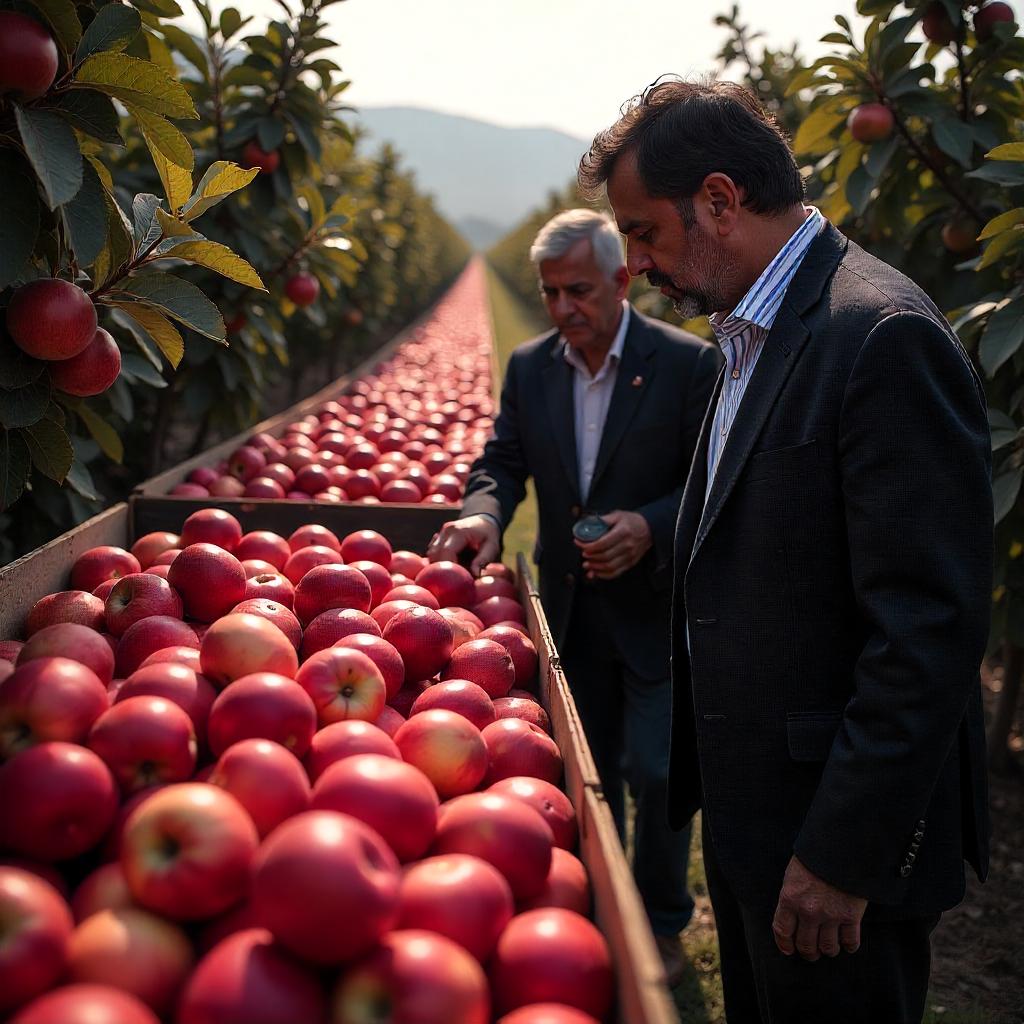India’s recent Operation Sindoor against Pakistan lasted about four days, targeting terrorist activities in specific areas. During this period, Pakistan reportedly used drones in attacks, which India successfully intercepted. Media reports claim these drones were supplied to Pakistan by Turkey.
This revelation triggered strong reactions in India, with calls from citizens and traders to boycott Turkish travel and imports. If India chooses to sever ties with Turkey as many demand, it could significantly affect trade and cause price increases for several goods.

Impact on Key Imports from Turkey
- Marble: India sources about 70% of its marble from Turkey. Disrupted relations could lead to higher marble prices, affecting construction and interior design sectors.
- Apples: India imports around 1.29 lakh tons of apples annually from Turkey. Some traders are already refusing Turkish apples, and any government restrictions may push apple prices up.
- Carpets: Turkish woolen and silk carpets are popular in India. A ban on imports would reduce availability and raise costs.
- Decorative Items: Turkish decor items are known for their quality and appeal. Supply disruptions may increase prices.
- Furniture: Luxurious Turkish furniture is in demand, especially in hospitality. Trade issues could break supply chains and cause price hikes.
- Other Goods: Cherries, dried fruits, spices, herbal teas, traditional tiles, jewelry, fashion apparel, olive oil, and chocolates may also be affected.
Trade Figures and Outlook
Trade between India and Turkey has remained stable over the past five years. From April 2024 to February 2025, India exported goods worth ₹44,500 crore to Turkey, compared to ₹56,873 crore in 2023-24.
Any breakdown in relations could disrupt this steady trade, impacting various industries and consumers through increased costs and reduced product availability.
